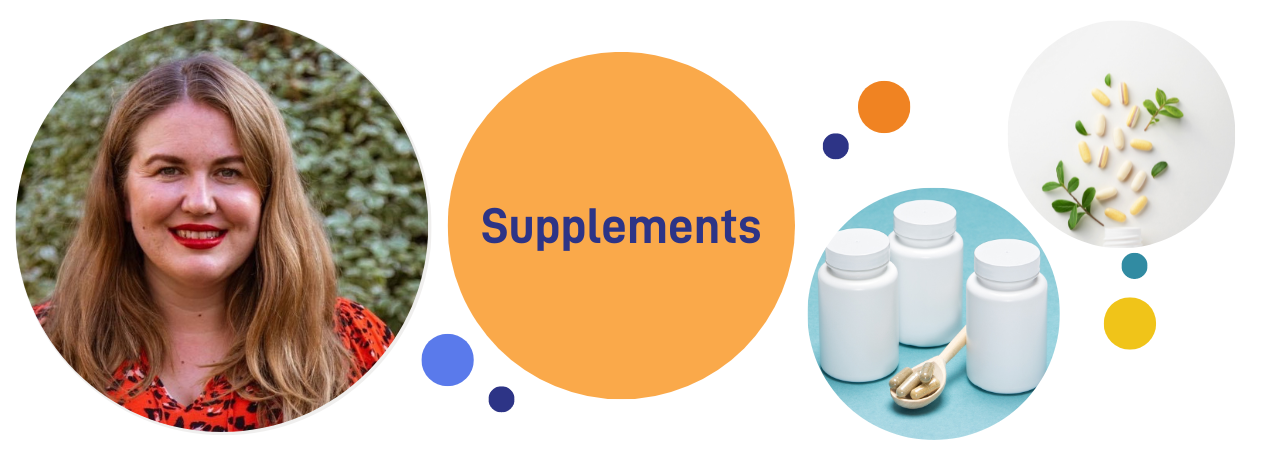
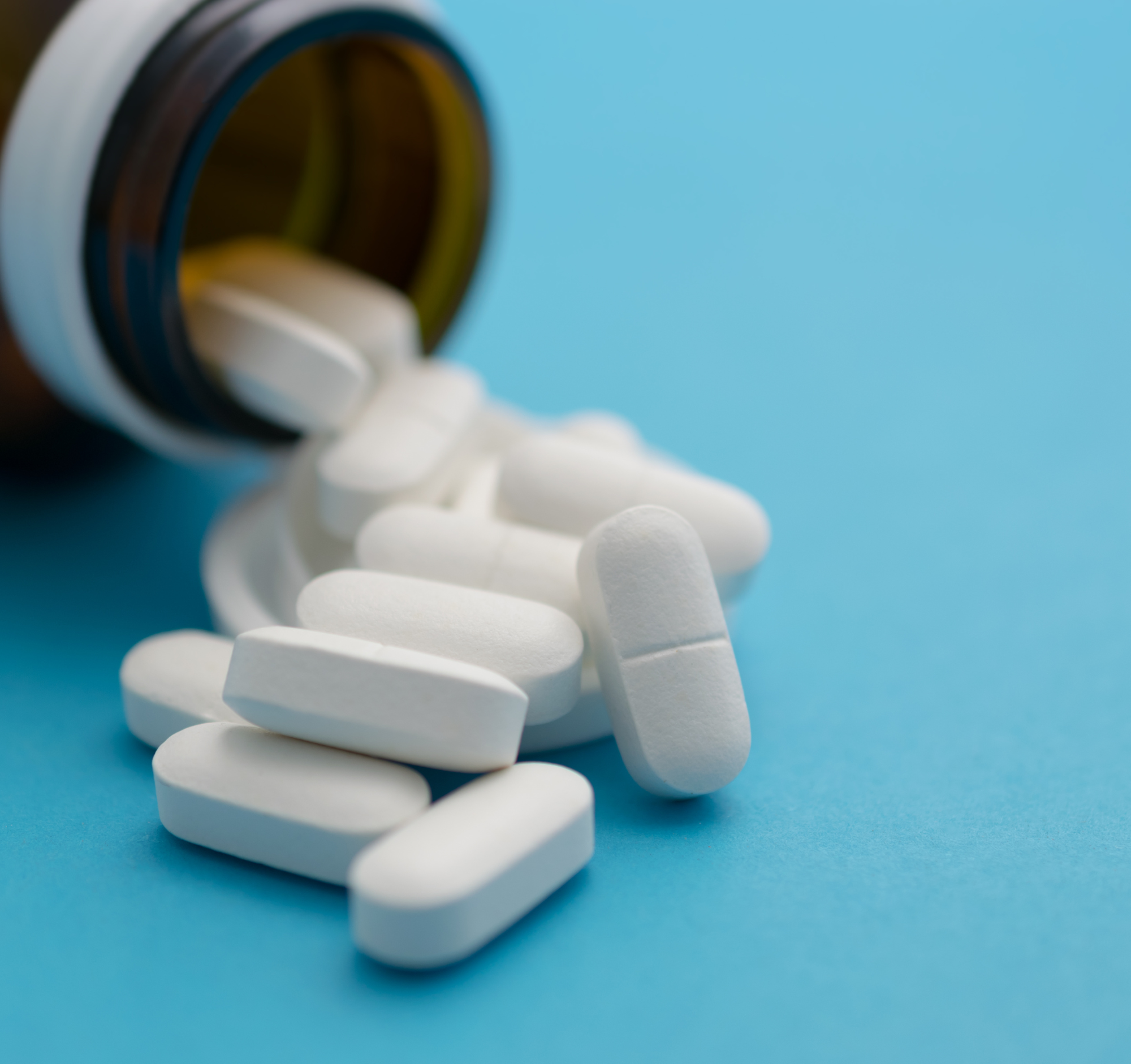
Considering Supplements for MCAS
People on highly restricted diets due to severe reactions may develop deficiencies. Supplements can correct these deficiencies, which, if left unaddressed, can exacerbate symptoms.
Those following vegan or vegetarian diets may need supplements like B12 and iodine, which are harder to obtain from plant-based foods. For those living with MCAS, additional dietary restrictions (e.g., histamine, low FODMAP, gluten-free) can necessitate further supplementation.
Specific supplements can help manage symptoms. Many seek supplements that might help stabilise mast cells as a non-medication approach.

Safety of Supplements
It's crucial to approach supplements with the same caution as medications, especially in MCAS. Overdosing on supplements, like vitamin D, can be fatal, though rare. Therefore, understanding safe dosages is essential.
Always read the label and speak to a healthcare professional where possible, for detailed information on safe dosages and usage.
Assess whether a supplement might do more harm than good. Consider past reactions, the quality of the supplement, and if it's in a safe dosage. Always start one supplement at a time to monitor reactions or benefits. Introducing multiple supplements simultaneously can make it difficult to identify which one is effective.
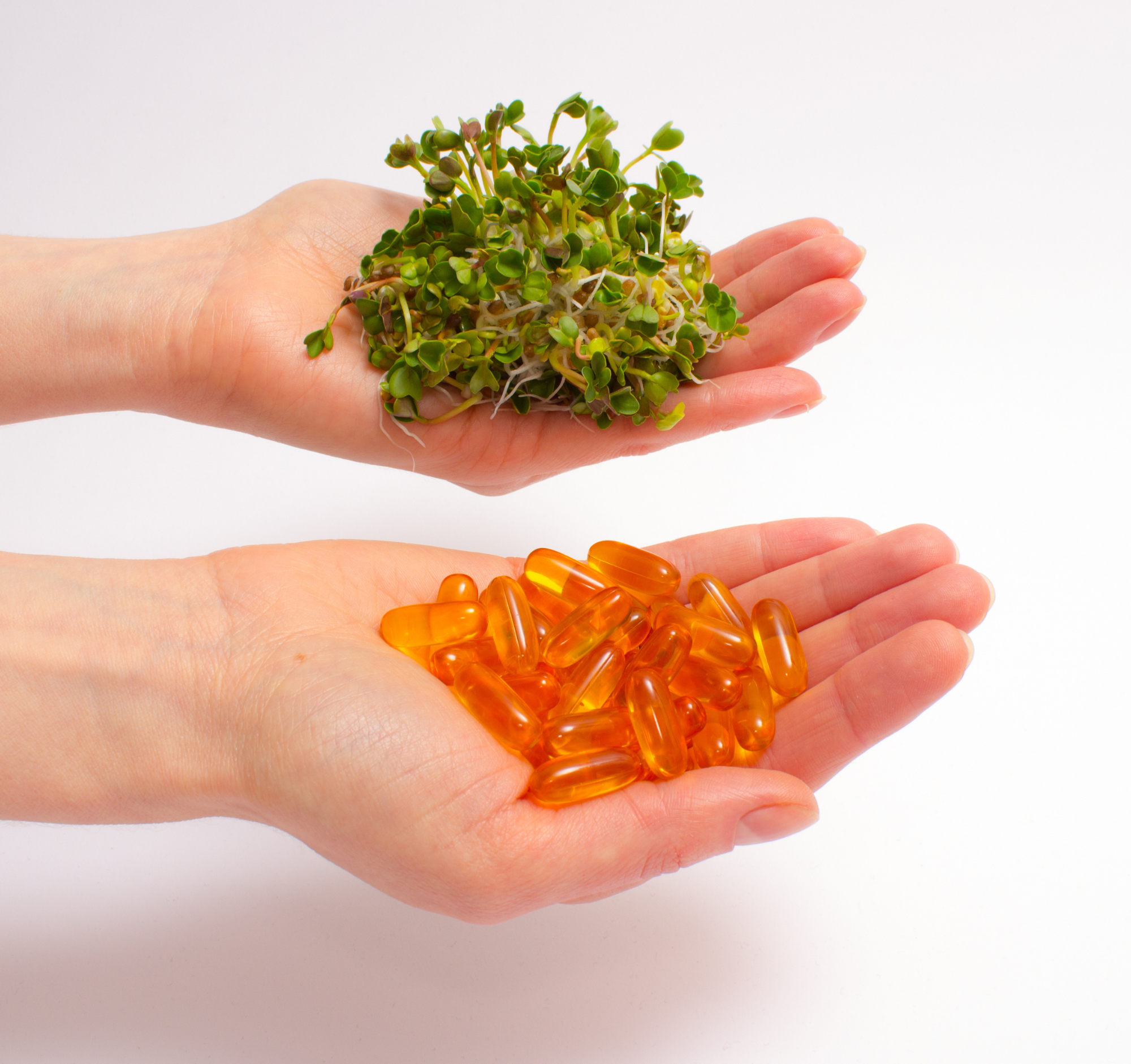
Key Considerations When Taking Supplements
Whenever possible, try to get nutrients from food due to the additional health benefits food provides. Supplements should bridge gaps only when necessary, particularly in restrictive diets.
Choose reputable brands and ensure supplements are tested by credible sources. Where possible, avoid fillers and binders that might trigger reactions.
Ensure the supplement form is effective and bioavailable, meaning the body can absorb and use it efficiently.
Everyone’s body is different, and factors like age, lifestyle, and specific health conditions can affect nutrient needs and supplement effectiveness. Before starting any new supplement, it's essential to consult with your Healthcare Professional.
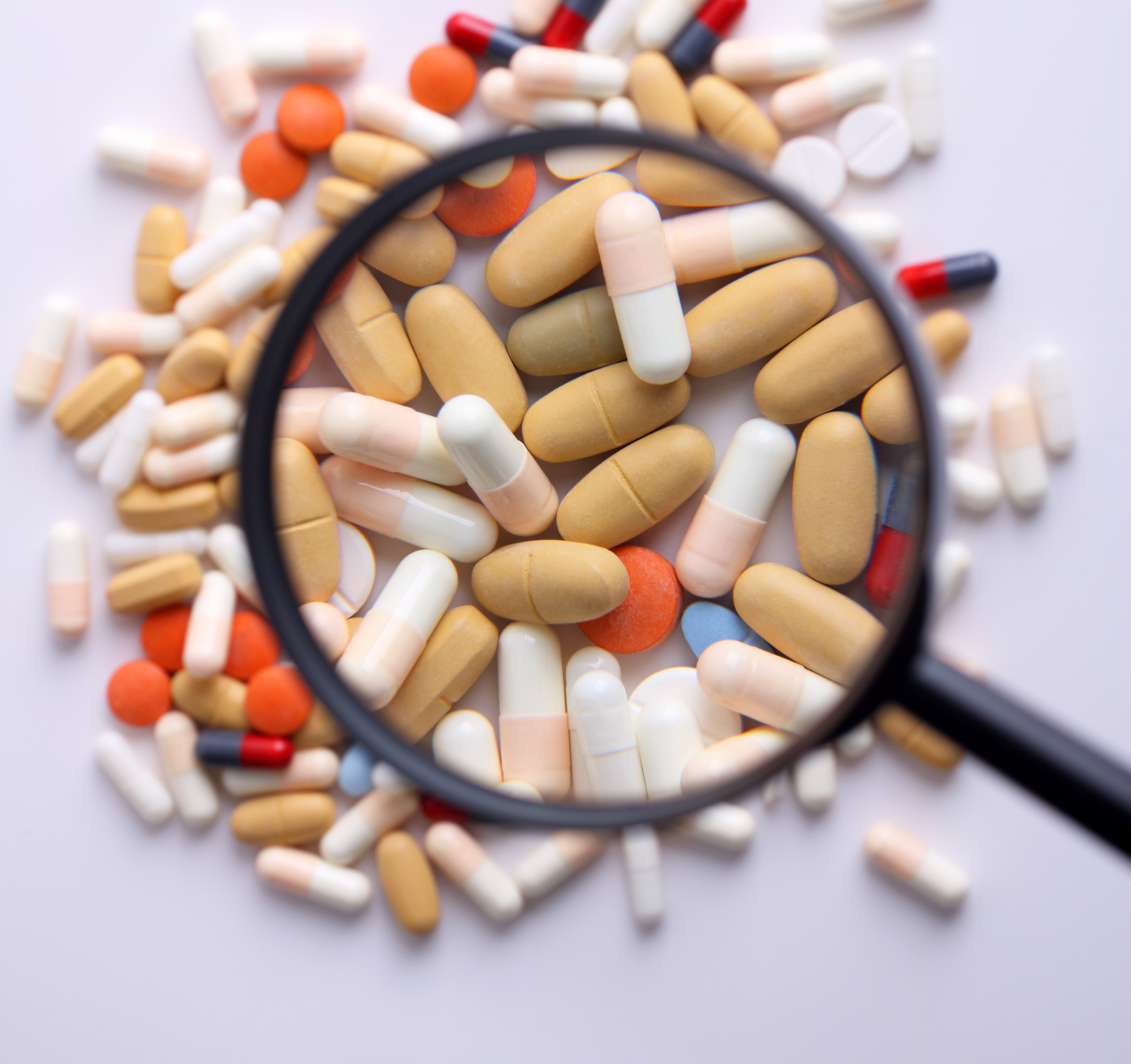
Key Terms to Understand
Before diving into specific supplements, it may be helpful to understand some key terms:
Bioavailability: This refers to how much of a supplement is available for the body to use after it has gone through the digestive process. If a supplement isn’t absorbed well, it won’t be effective.
Tolerable Upper Level: This is the maximum amount of a nutrient that is considered safe to consume without risking adverse effects.
Antioxidants: These are substances that help protect your cells from damage caused by free radicals. Many supplements, such as quercetin and luteolin, are known for their antioxidant properties, which can contribute to overall health and wellbeing.
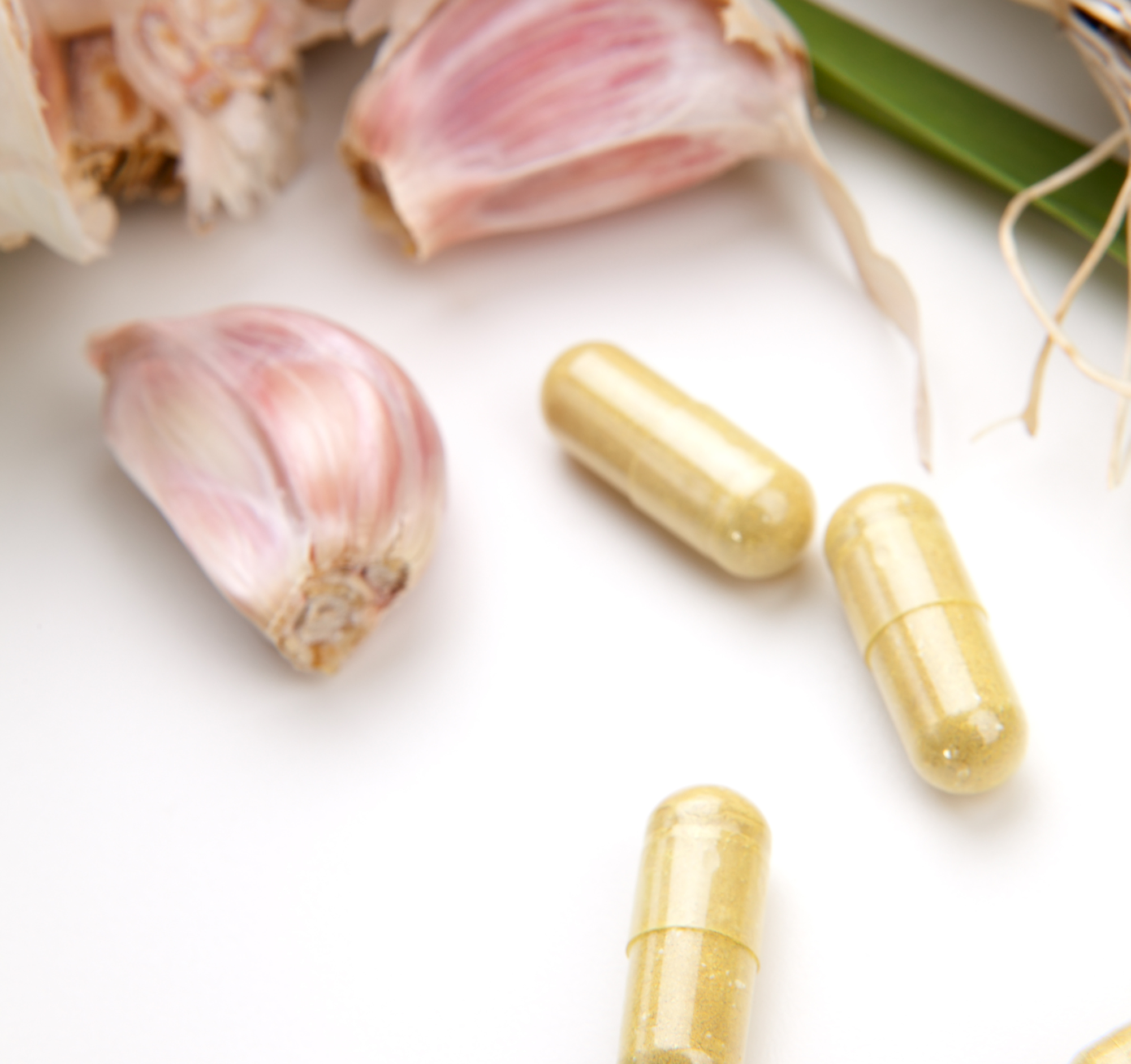
Quercetin
Quercetin is a naturally occurring compound found in fruits and vegetables like onions and garlic. It acts as an antioxidant, protecting cells from damage by free radicals, and may help prevent plaque buildup in arteries, contributing to heart health.
Quercetin may inhibit the release of pro-inflammatory cytokines, tryptases, and histamines from mast cells. However, most studies on its mechanism are conducted in test tubes or on rats, so their applicability to humans is uncertain. One significant study on contact dermatitis found quercetin could inhibit histamine and prostaglandin release from mast cells. However, contact dermatitis is not the same as MCAS, and the study also confirmed low bioavailability of quercetin, with only about 1% absorption.
If considering quercetin, enteric-coated formulations might offer better bioavailability. Studies have used doses of 12.5 to 25 mg per kilogram without noting negative side effects over 12-14 weeks. Long-term safety remains unknown.
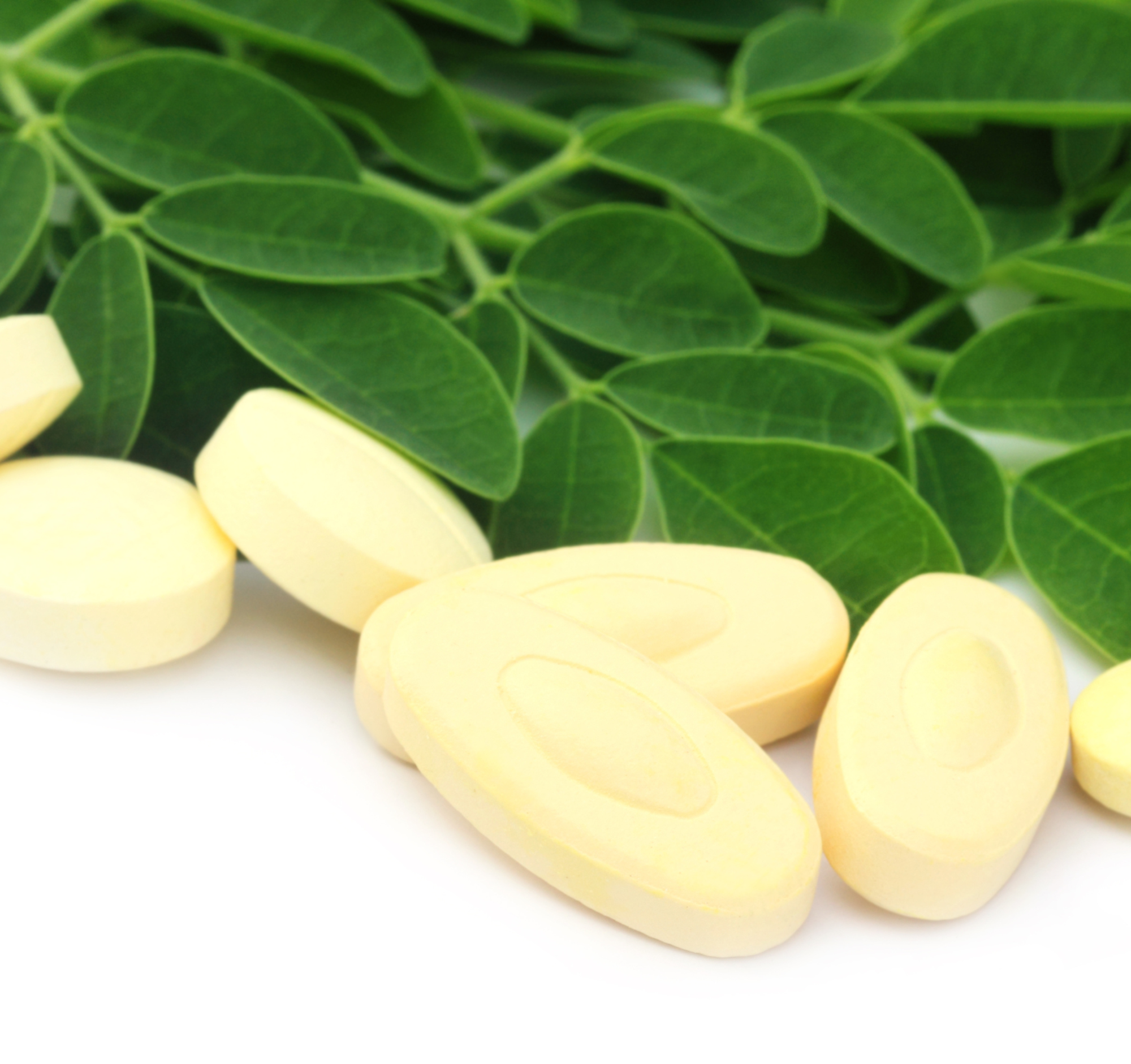
Luteolin
Luteolin is a naturally occurring substance found in various plants with anti-inflammatory, antioxidant, and neuroprotective properties. It may inhibit mast cell activation and reduce the production of inflammatory mediators. However, the supporting studies are mainly test tube studies.
Some studies have shown promising results. One human study found that 500 mg per day reduced inflammation in rheumatoid arthritis patients. However, rheumatoid arthritis is not the same as MCAS.
Luteolin also has low oral bioavailability. Micromulsion or enteric-coated capsules might improve absorption and studies suggest doses of 200-500 mg, but long-term safety data is lacking.

Vitamin D
Vitamin D is better understood due to its established research. It is a fat-soluble nutrient essential for immune function and bone health. Given that many people with MCAS may have restricted diets and limited sun exposure, vitamin D is particularly important.
Maintaining adequate vitamin D levels is crucial for preventing bone-related issues, especially in individuals with limited calcium intake or outdoor activity. In the UK, between March and October, getting about 20 minutes of sun exposure daily, with some skin exposed can help maintain adequate vitamin D levels. However, some individuals with MCAS are highly sensitive to sunlight and heat, making sun exposure challenging.
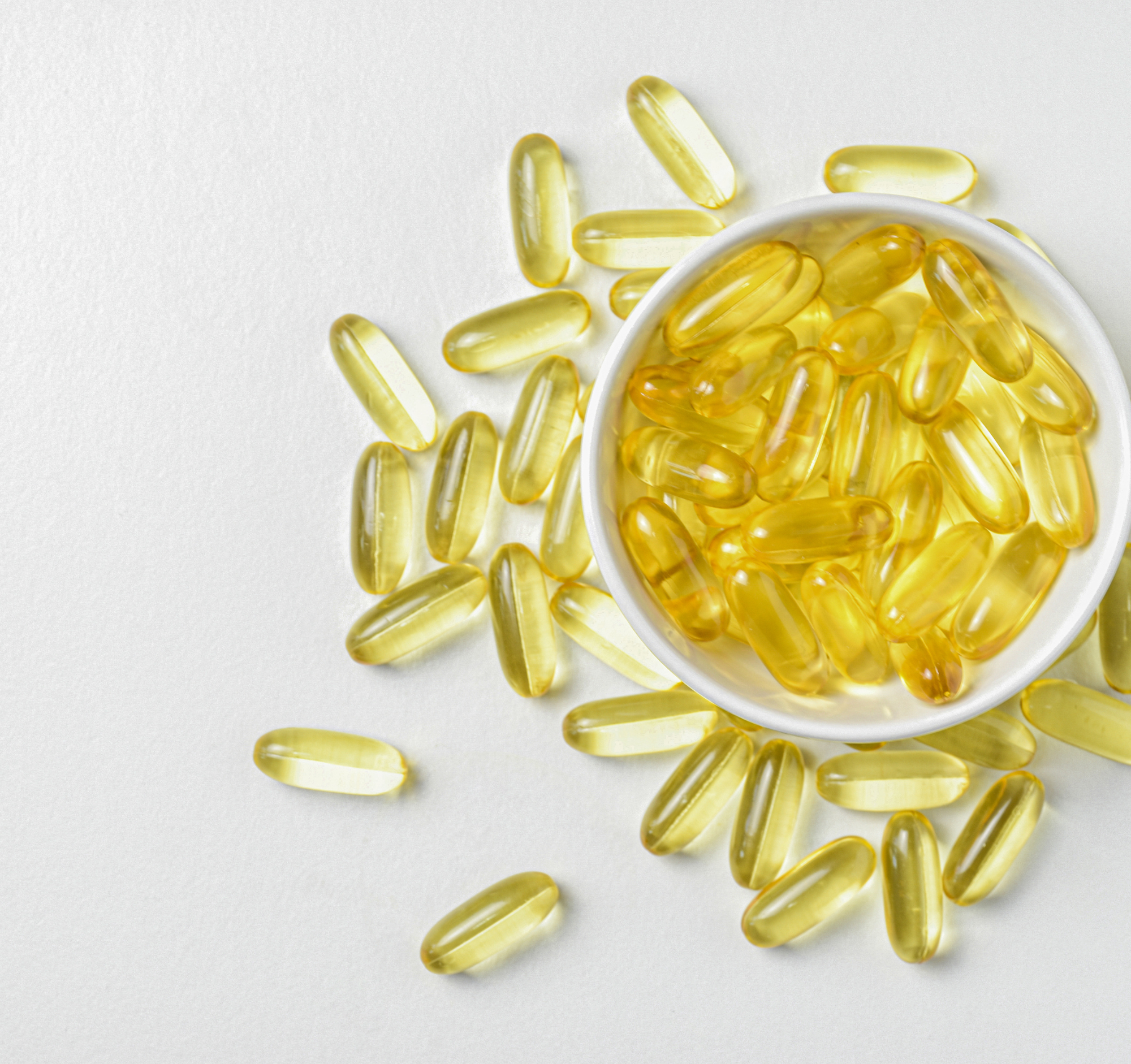
Factors Affecting Vitamin D Needs
Vitamin D is essential for muscle function and overall health. Deficiency can lead to muscle issues and may trigger mast cell activation. It's vital to maintain an adequate vitamin D level, which can be checked by a GP.
In addition to those who are sensitive to sunlight, Vitamin D levels can also be difficult to maintain for people with darker skin. Higher melanin levels reduce vitamin D synthesis. The skin's ability to produce vitamin D also decreases with age, so those over 65 years may require supplementation of Vitamin D.
Ensure the supplement contains D3, the active form, and take it with fat-containing food to enhance absorption. Follow doctor’s prescription if deficient. General advice is 10 micrograms (400 IU) daily during autumn and winter or year-round if at risk. Avoid exceeding 100 micrograms (4,000 IU) per day unless advised by a healthcare professional due to toxicity risks.
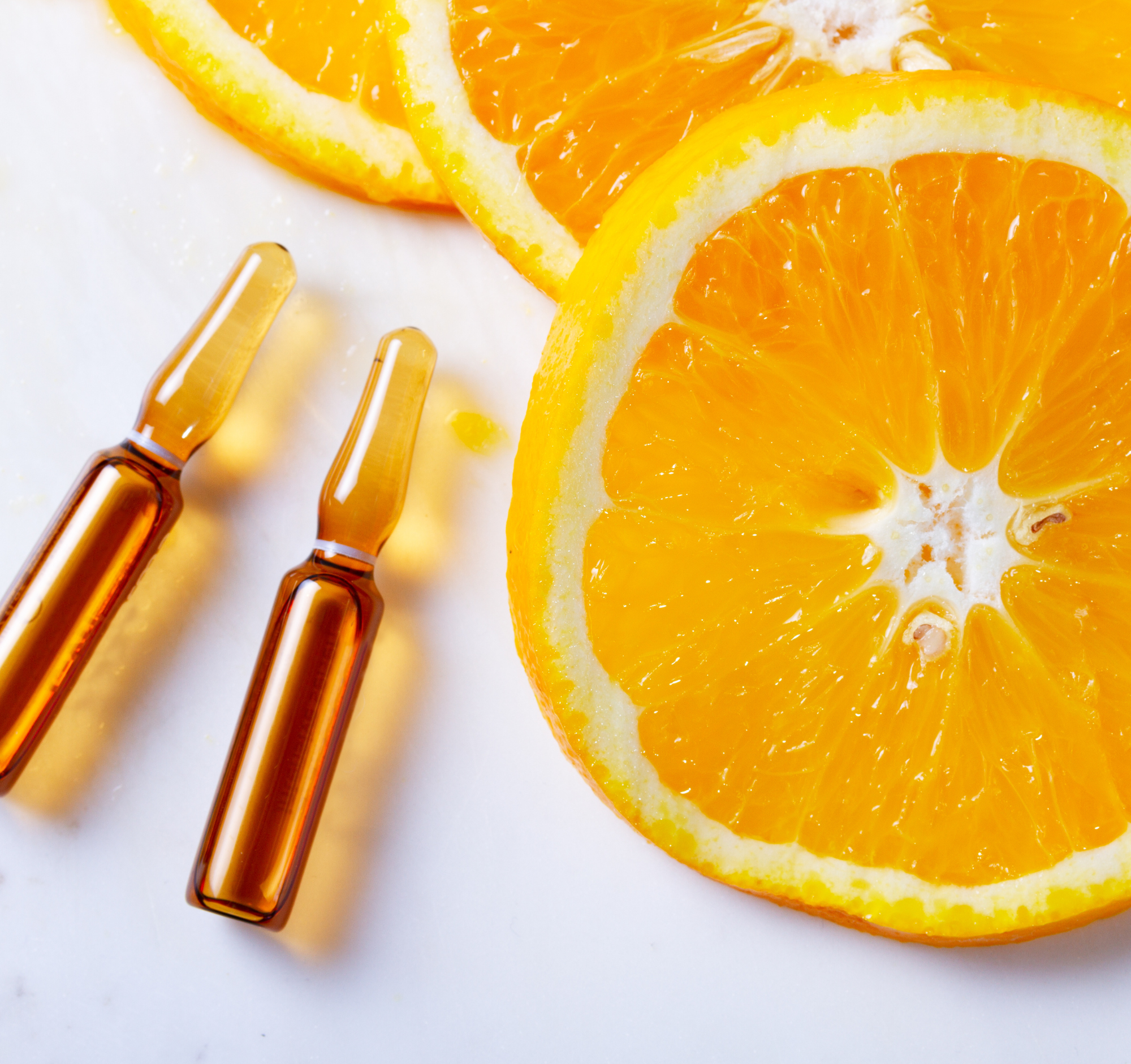
Vitamin C
Vitamin C is an essential water-soluble vitamin found in most fruits and vegetables, particularly citrus fruits. However, those on a low-histamine diet might avoid citrus fruits, making it necessary to find other sources of vitamin C.
Vitamin C is crucial for immune function and acts as an antioxidant. It may help inhibit histamine effects, reducing symptoms.
Where possible, include low-histamine fruits and vegetables rich in vitamin C in your diet. If dietary intake is insufficient, consider supplements. Typical doses range from 200 to 2,000 mg, but exceeding 1,000 mg per day can cause gastrointestinal side effects like nausea and diarrhea.

DAO (Diamine Oxidase) Enzyme Supplementation
DAO (Diamine Oxidase) Enzyme breaks down histamine in food, potentially reducing symptoms in some people living with MCAS. Most effective supplements are based on pig kidney extract.
Plant-based versions exist but lack sufficient human studies for efficacy confirmation.
Blood tests for DAO levels can indicate deficiency, but they do not reflect the enzyme's functionality in the gut. Factors like diet, pregnancy, and alcohol can affect DAO function.
Testing is often limited to private doctors as the NHS doesn't offer it.
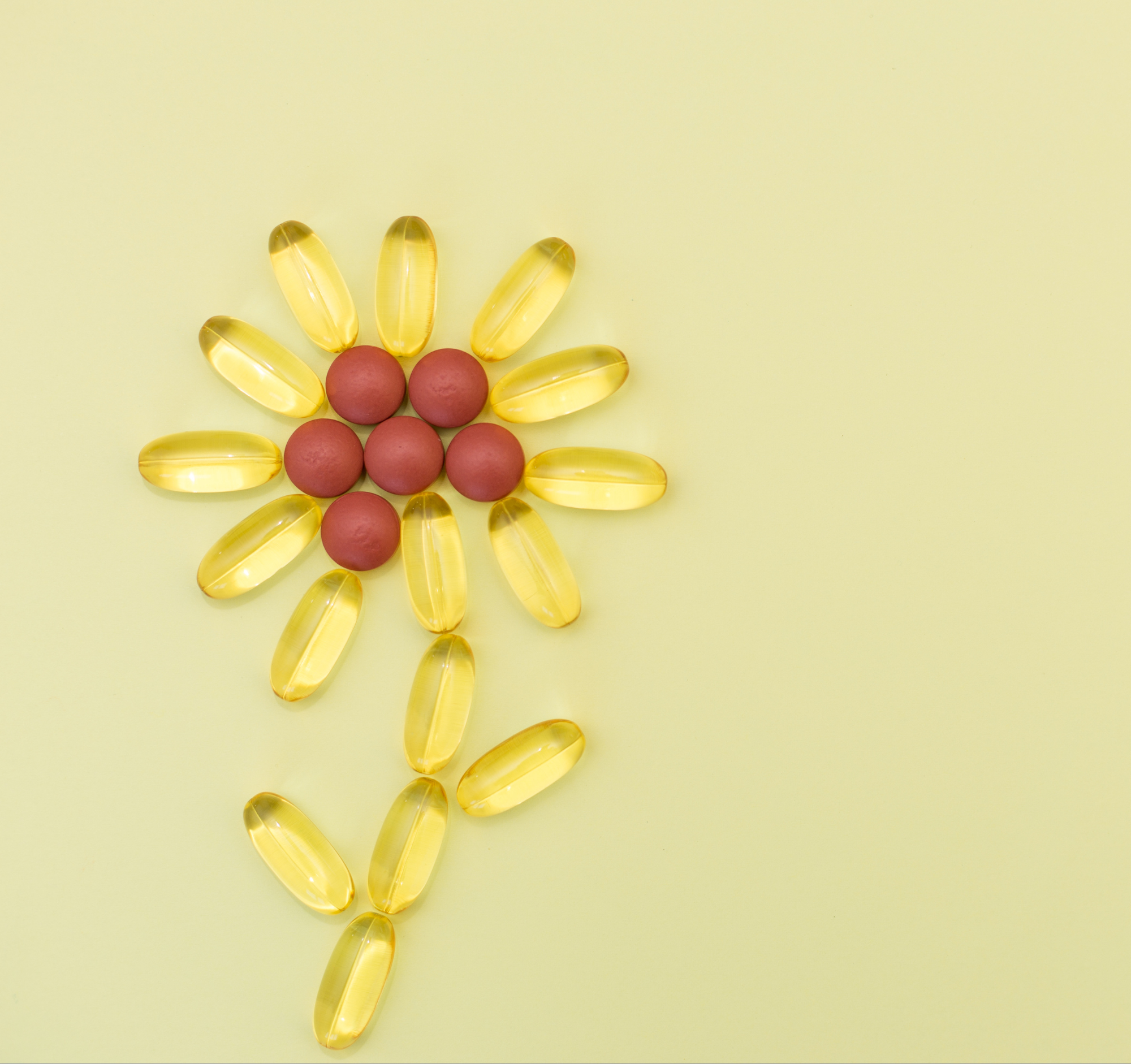
Other Nutrients and Supplements
Omega-3 Fatty Acids: Anti-inflammatory effects, particularly if a low-histamine diet restricts omega-3-rich foods like salmon.
Iron: Fatigue is a common symptom in MCAS, often linked to low iron levels. Women with menstrual cycles or those on proton pump inhibitors should have their ferritin levels checked by a GP. Correcting low iron levels can alleviate fatigue and other symptoms. Ensure personalised advice for iron supplementation to avoid gastrointestinal issues.
Accessing a dietitian for MCAS through the NHS can be challenging due to limited resources and strict criteria. Try seeking a referral for specific symptoms rather than MCAS directly. While not accessible to everyone, private dietitians can offer specialised advice. Utilise webinars and written resources for guidance and support.
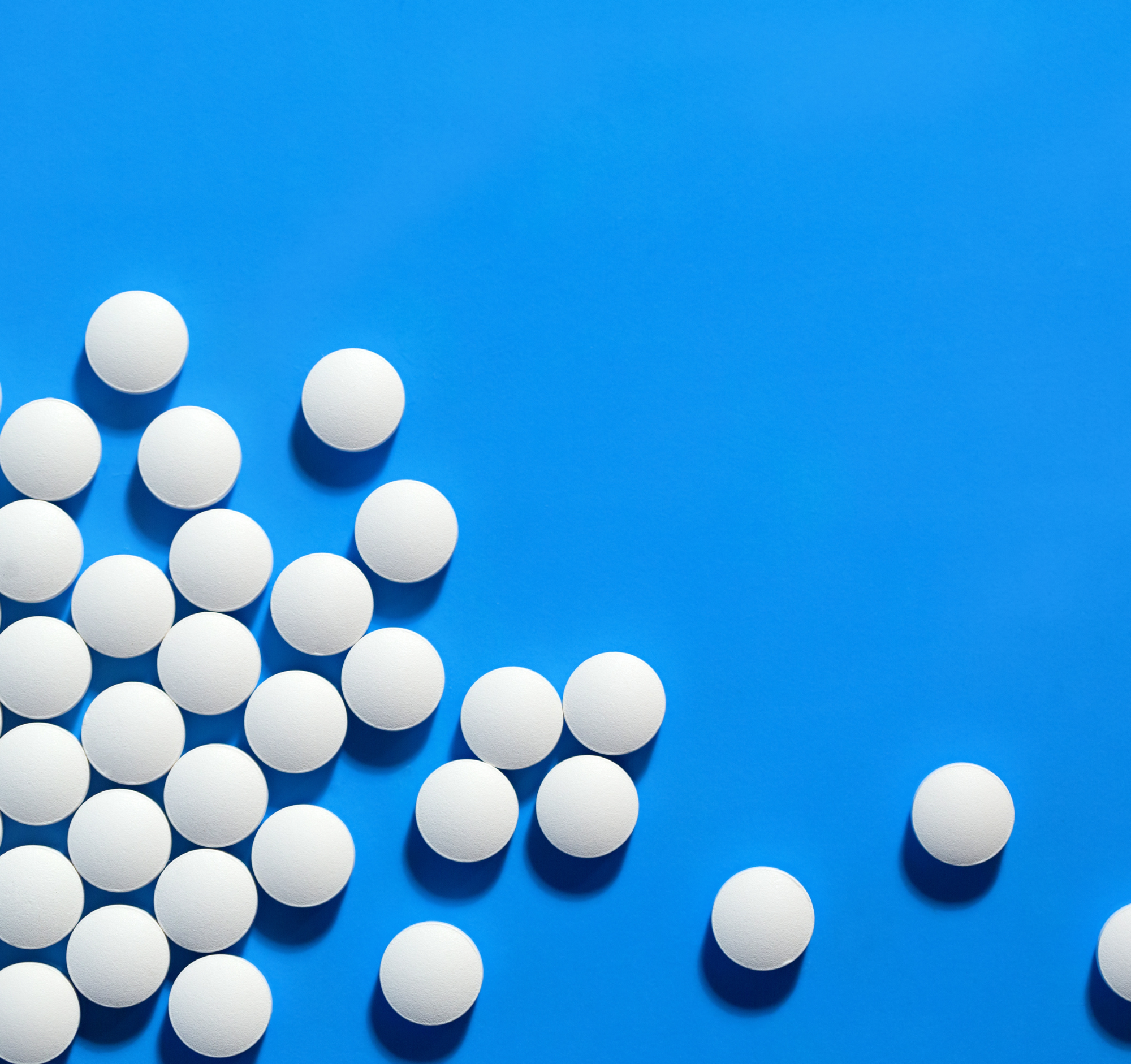
Supplementation Tips and Recommendations
To determine if a supplement contains many fillers, check the ingredient list. The longer the list, the more likely it contains fillers. Some ingredients are needed for coating and absorption, but an abundance of additives indicates more fillers.
A to Z multi-vitamins will naturally have many ingredients, whereas single supplements like calcium should have fewer.
Remember: Supplements can interact with each other, affecting absorption and efficacy. For example, taking iron and calcium together can reduce iron absorption.
Be mindful of potential interactions and follow guidelines for supplement timing and combination.

We hope you have found this information useful. Navigating the world of supplements for MCAS requires careful consideration and consultation with healthcare professionals.
While we await more robust research, prioritising safety and relying on known, evidence-based nutrients like vitamin D is a prudent approach. For those interested in supplements, choosing high-quality products and monitoring for any adverse effects is essential
There is no one-size-fits-all supplement for MCAS. Over-supplementation can be harmful, so it's crucial to introduce supplements one at a time.
Choose supplements free of fillers and binders, if sensitive and consult healthcare professionals for safety and suitability of supplements when possible.
Become a friend
Sign up to become a Friend of Mast Cell Action so we can keep you up to date on our progress and on how to get involved in our latest campaigns and initiatives.
Donate
Mast Cell Action relies entirely on the generosity of people like you. Please make a donation now and together we can make a difference to those affected by MCAS.







